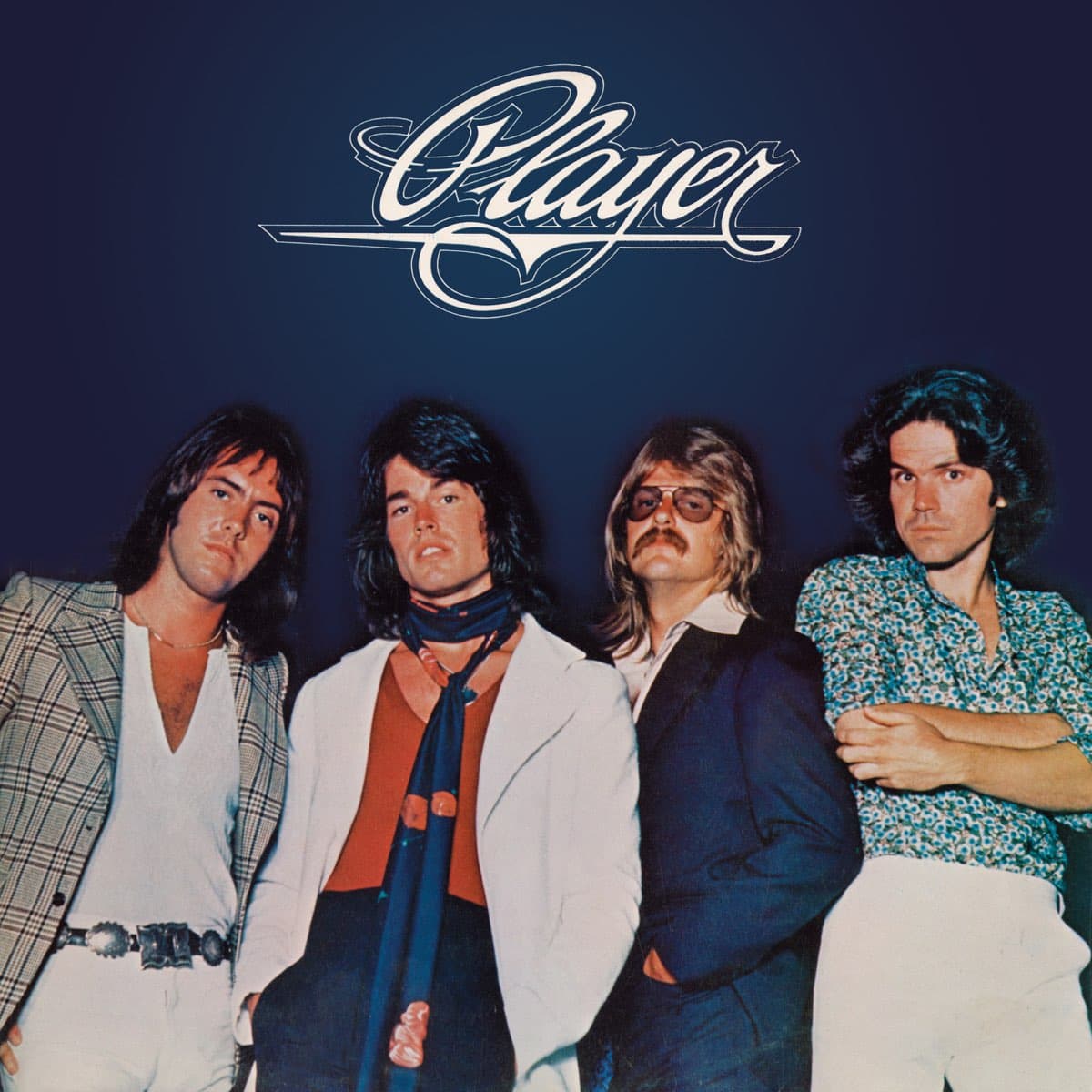
A heartfelt plea for a second chance, wrapped in a smooth, irresistible melody.</h2>
Released in late 1977 from their self-titled debut album, Player, “Baby Come Back” swiftly ascended the Billboard Hot 100, claiming the coveted number one spot in early 1978 and holding it for three weeks. This meteoric rise solidified Player‘s place in the late 70s soft rock landscape and etched the song into the collective memory of a generation. The song also reached number 10 on the UK Singles Chart, further cementing its international appeal. It’s a testament to the song’s enduring appeal that it continues to be a staple on classic rock radio stations and evokes strong feelings of nostalgia for many.
The story behind “Baby Come Back” is as relatable as the song itself. It was primarily written by Peter Beckett and J.C. Crowley, two of the band’s founding members. Beckett, the lead vocalist and guitarist, drew inspiration from personal experience, channeling the raw emotion of a recent breakup into the lyrics. This authenticity resonates deeply, giving the song an emotional core that transcends mere pop sensibilities. It’s not just a song; it’s a shared experience, a universal cry of the heart.
The lyrics paint a vivid picture of regret and longing. The singer acknowledges his mistakes, admitting he “was wrong” and pleading for his lost love to return. Lines like “Baby come back, any kind of fool could see / There was something in everything about you” are simple yet powerful, capturing the desperation and vulnerability that comes with realizing the value of what you’ve lost. The song’s brilliance lies in its simplicity; it doesn’t overcomplicate the emotion, allowing the listener to easily connect with the raw honesty of the lyrics. It’s a sentiment that resonates across generations, a timeless expression of love and loss.
Musically, “Baby Come Back” is a masterclass in smooth rock. The gentle guitar riffs, the steady drumbeat, and Beckett’s smooth, emotive vocals create an atmosphere of both melancholy and hope. The song’s production, typical of the era, is polished yet warm, further enhancing its nostalgic appeal. It’s a sound that instantly transports listeners back to the late 70s, a time of bell bottoms, disco balls, and the burgeoning soft rock scene. It was an era where melody and heartfelt lyrics reigned supreme, and “Baby Come Back” is a perfect embodiment of that era.
Beyond its chart success, “Baby Come Back” has left an indelible mark on popular culture. It has been featured in numerous films, television shows, and commercials, further solidifying its status as a cultural touchstone. The song’s enduring popularity speaks to its timeless themes of love, loss, and the enduring hope for reconciliation. It’s a song that continues to resonate with listeners of all ages, reminding us of the power of music to capture the deepest emotions of the human heart. It’s more than just a song from the past; it’s a living testament to the power of a well-crafted melody and honest lyrics. It’s a song that makes you think, it makes you feel, and it makes you remember. It’s a classic for a reason.